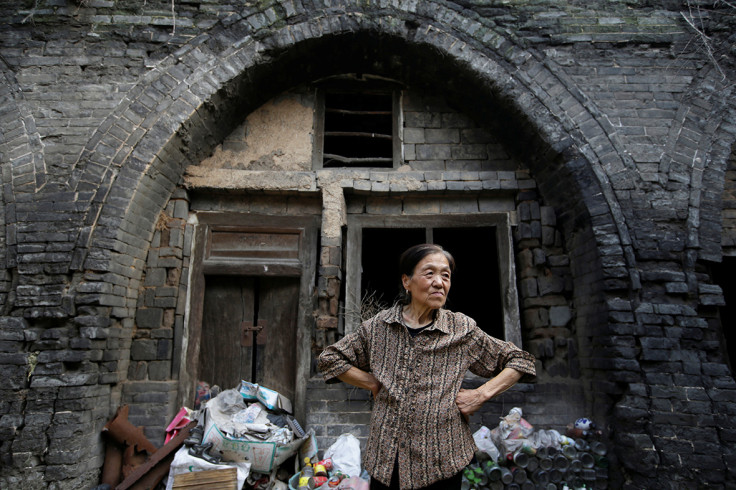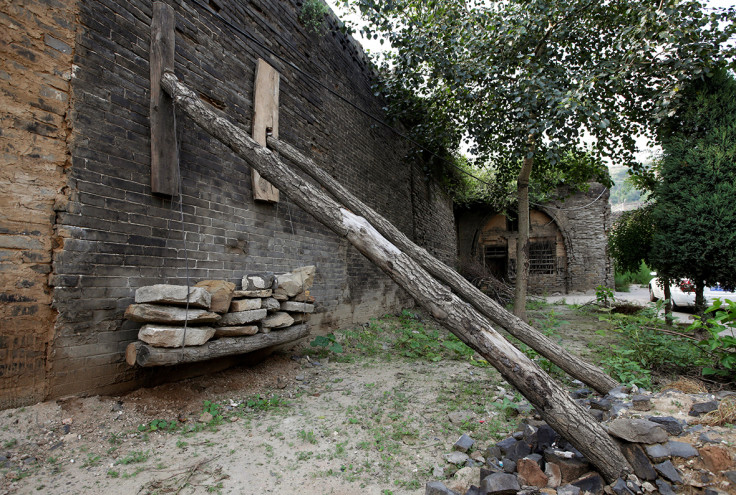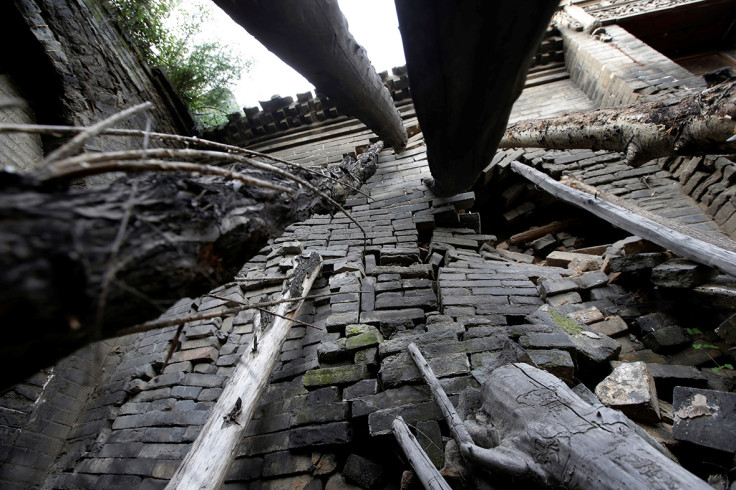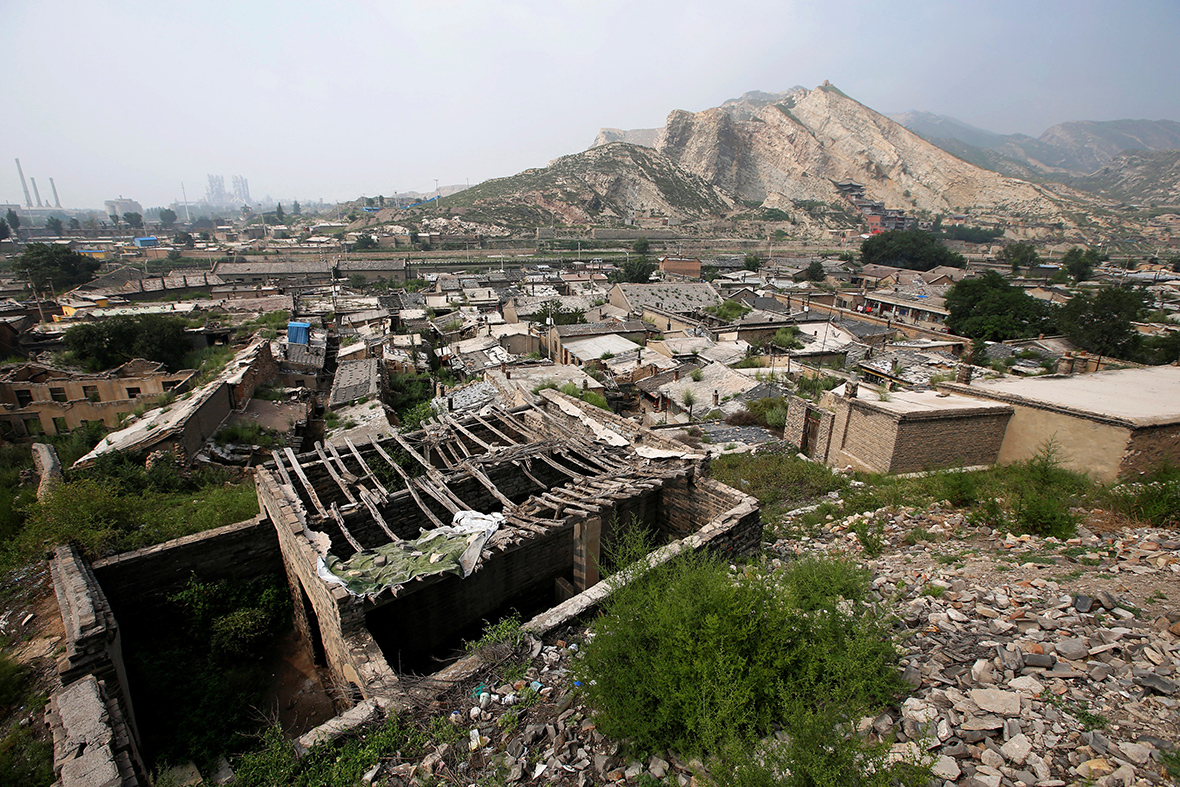China's coal mining villages are sinking, creating a geological disaster
The country's 19 'disaster zones' have spread across 23 villages, with 55 landslides and 808 incidents of mine subsidence.
Mines that burrowed under villages and towns during China's three-decade coal boom have resulted in the evacuation of hundreds of thousands of communities, whose homes are in danger of sinking – or already are. Residents in northern Shanaxi province are fighting a losing battle as they try to fill reoccurring sinkholes and rebuild the walls which are riddled with cracks.

In Helin, a village buried on the outskirts of Xiaoyi city, cluttered hamlets are balancing precariously on the brittle slopes of around 100 mine pits. However, Helin's situation is not by any means the worst, with local authorities starting an evacuation process for residents in other areas, who are apparently more at risk. "We haven't been told to leave yet, but when the government gives us the order, we'll be happy to go," Wang Junqi, who lives in a one-room tenement with his family, said during an interview with Reuters. "It isn't safe here and the people who have a bit of money have already gone. It's scary, but what can we do?"


Large state-run mining firms would often relocate entire villages before the mining work began. Yet, smaller private miners, desperate for quick profits, would just dig under and around communities, causing villages to become unstable. Due to the surge of mining tax revenues, local governments were reluctant to impose stricter controls on the industry.






An example of the scale of China's geological disaster can be seen on a notice board at a deserted Communist Party building, in an abandoned village not far from Helin. It lists 19 "disaster zones" that have spread across 23 villages, with 55 landslides, 950 cracks in the ground and 808 incidents of mine subsidence – all in an area of just 13.25 square kilometres. By the end of 2014, coal mining had already caused 26,000 geological disasters, according to official data. As much as 10,000 square kilometres of land has been affected, which roughly amounts to an area the size of Gambia, according to estimates.




The Shanxi government estimates that coal mining has cost the province 77 billion yuan (£8.96bn, $11.63bn) in "environmental economic losses". Yet little money is coming from the miners, who are required to pay "subsidised fees" to pay for the clean-up when their mine closes. The Datong Coal Industry Group, the only state miner to give Reuters a breakdown of costs, paid just 1.4 million yuan in those fees from January to March this year, or 0.04 percent of its total costs, according to its quarterly report.
Jiang Jian, a legislator from Shandong province, said Beijing needed to draw up detailed measures to determine how much mining firms should pay. Many of the worst-hit sites have been long abandoned, making it harder to decide who is responsible, she explained, so Beijing also needed to set up dedicated funds to help pay remediation costs, including treatment and disposal of mine waste. To help with the clean-up, China is encouraging developers to turn abandoned mining sites into wind and solar power projects. Solar accounted for just 0.6 percent of China's overall electricity generation from January to June, and wind was a mere 3.6 percent.








There are plans to move 655,000 residents of Shanxi province from old, and now unsafe mining regions by the end of 2017. But relocation of this amount of people will cost an estimated 15.8 billion yuan (£1.8 billion, $2.37 billion). However, the country's growing environmental bill comes at a time when China's coal sector faces mounting debts and long term decline in prices.
© Copyright IBTimes 2024. All rights reserved.






